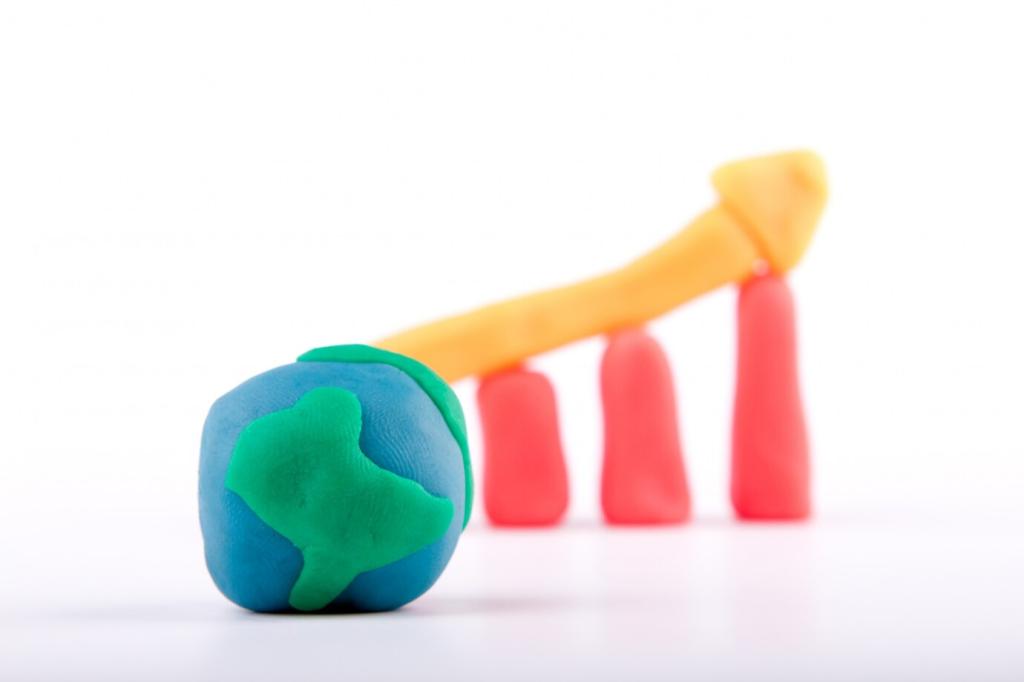Balancing Personal and Professional Development through Coaching
Finding equilibrium between personal growth and career advancement is a challenge faced by many individuals in today’s fast-paced world. Through coaching, one can cultivate both self-awareness and career competency, ensuring that development in one area supports and enriches the other. Coaching provides tailored approaches to harmonize personal values, goals, and ambitions with professional objectives, fostering a balanced and fulfilling life. This page delves into how coaching can bridge personal aspirations and professional demands, providing insights and strategies for a holistic development journey.
Personal and professional growth are deeply intertwined; setbacks or lack of motivation in one area often affect performance in the other. Coaching assists individuals in recognizing how challenges at work may be influenced by personal beliefs or habits, while personal aspirations might be supported or hampered by professional circumstances. By highlighting these connections, coaching empowers clients to address root causes, setting the stage for comprehensive progress in both arenas of their lives.

Tailoring Growth Strategies to Individual Needs
Every person’s life circumstances and ambitions are unique. Coaches work closely with clients to develop bespoke strategies, focusing on individual strengths, preferences, and responsibilities. This ensures that guidance is not one-size-fits-all but adapts to dynamic challenges in both personal and professional areas. By continuously customizing plans, coaching remains relevant and effective, allowing for flexibility as life evolves and new priorities emerge.
Clarifying Values and Priorities
Often, imbalance occurs because individuals are unclear about their true values and priorities. A coach assists clients in exploring and articulating what matters most, both in their personal lives and careers. With this clarity, individuals can make informed decisions about how they spend their time and energy, avoiding the pitfall of chasing goals that are misaligned with their core beliefs. Coaching thus enables more intentional choices and actions, cultivating balance from a foundation of self-knowledge.
Building Confidence and Accountability
Self-doubt or uncertainty can derail both personal and professional progress. Coaches provide encouragement, perspective, and positive reinforcement, helping individuals recognize their achievements and potential. Through regular check-ins and accountability measures, coaching maintains momentum and commitment, ensuring that individuals are supported every step of the way. This confidence and accountability structure are vital for sustaining growth across all areas, even when challenges arise.

Instead of viewing personal and professional ambitions as separate, coaching encourages integrated goal setting. By establishing objectives that reflect both career aspirations and personal values, individuals can work towards outcomes that serve multiple purposes. This approach prevents the common pitfall of compartmentalization, ensuring that each goal supports overall well-being. Regular reviews allow for adjustment, keeping progress aligned with changing circumstances and needs.

One key component in maintaining balance is the mastery of time management and the ability to set effective boundaries. Coaches work with individuals to assess current habits, identify time drains, and implement strategies for prioritizing what matters most. Whether it is learning to say no, scheduling time for personal interests, or creating focused work periods, coaching provides tools and accountability to maintain these healthy practices. Over time, these techniques foster resilience and reduce stress, helping sustain balance.

Growth, both personal and professional, is a continuous process. Coaching encourages and structures regular reflection on achievements, challenges, and changing priorities. Through guided reflection, individuals become more aware of patterns, progress, and areas needing attention. This ongoing process ensures that balance is dynamic and adaptive, meeting new challenges with flexibility. Coaching turns setbacks into opportunities for learning and keeps development on an upward trajectory.
